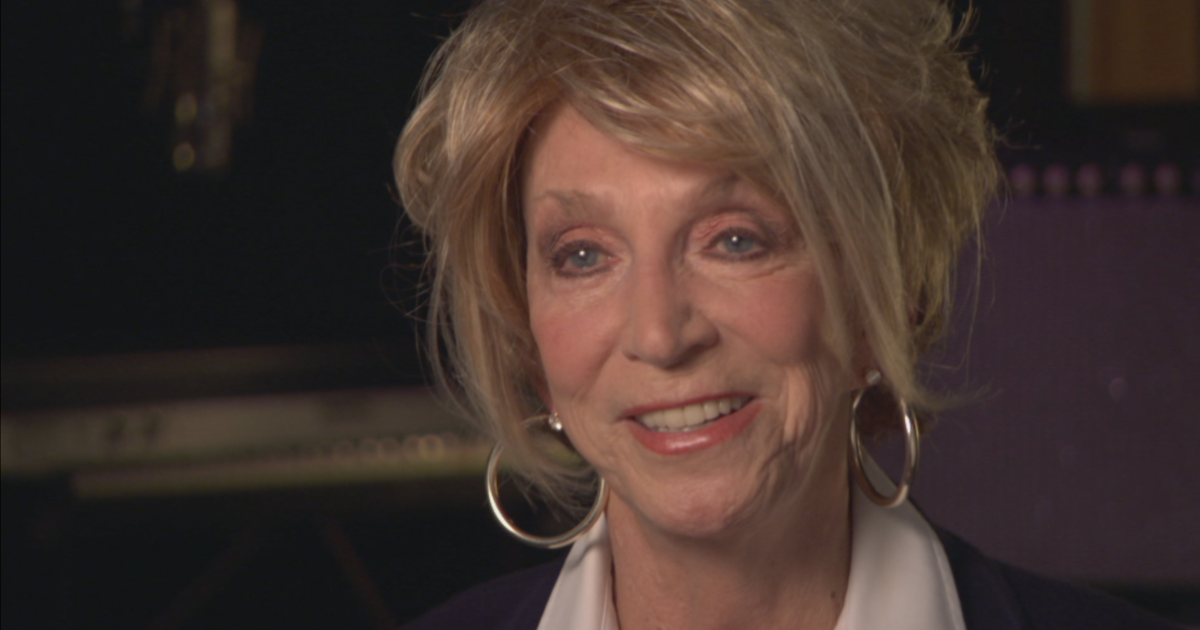
“Miss Country Soul” Jeannie Seely was one of the premier female singers of the late 1960s and early 1970s. Known for her big heart, emotion-packed voice, and salty wisecracks on stage – “Of course I want you for your body. I’ve got a mind of my own;” “An ex-husband is one mistake you don’t have to live with;” and others – she blazed a nonconformist trail in Nashville, sporting a miniskirt her first time onstage at the Grand Ole Opry and a sassy attitude wherever she went.
The youngest of four children, petite, blonde Seely was never a stranger to work – or to country music. Her father worked at a local steel mill and on the family’s farm, but on weekends played the banjo and called local square dances, and her mother sang with her every Saturday morning while the two baked bread. Soon, Jeannie was singing regularly on local radio station WMGW and, by age 16, on Erie television station WICU.
At 21, Seely and three girlfriends moved to Los Angeles, where she worked as a deejay on Armed Forces Radio Network, wrote songs for Four Star Music (Dottie West and Connie Smith performed some of her early tunes), sang on country television show “Hollywood Jamboree,” and recorded for Challenge Records. Passing through town, songwriter Hank Cochran encouraged her to bring her talents to Nashville. She turned up unexpectedly in 1965 (with $50 and a Ford Falcon to her name) and announced to Cochran, “Well, I’m here! Do you still want to work with me?” When Monument Records offered her a contract, she went into the studio and cut “Don’t Touch Me” – a song of unfulfilled passion written for her by Cochran. Within three weeks it was on the country charts, peaking at No. 2. Her performance of the song earned Seely the 1966 GRAMMY award and led to a string of hits through the late 1970s. Today she is among the small group of artists who has had a No. 1 hit as a soloist, a duet partner, and a songwriter, and “Don’t Touch Me” is considered a country standard.
Jeannie was a woman of her time. Though she never intended to set any trends, historians Mary Bufwack and Robert Oermann dub her “the woman who broke the Opry’s ‘gingham curtain’” the night she appeared on stage in a mini-skirt – a move Seely, simply wearing what was in style in the ‘60s, didn’t think twice about. She remains, they write, “one of country’s most completely modern female personalities.”
ncG1vNJzZmivp6x7sa7SZ6arn1%2Bgsq%2Bu1KulrGeTpMKvwNGyZKato56wcLbEmqWnoZViwKaxy7Jkm6GfnL%2BivMey